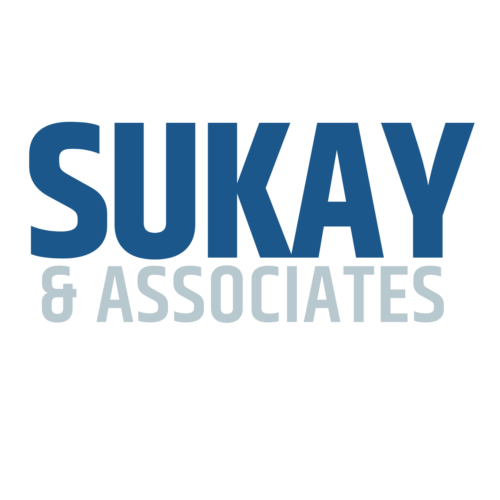When you have owned and run an insurance agency for a long time, you fall into certain habits. You go work at the same time everyday, take the same lunch, and chat with the same employees. You develop a routine. For a lot of agency owners, that routine includes listening to themselves talk.
I don’t mean that as a criticism, or an accusation of egotism. Insurance agency owners do a lot of talking. They have so many areas to deal with, so many details to go over, that they are on broadcast most of the time. On it’s own, verbal communication isn’t a problem. A lot of these owners are some of the best speakers you could hope to hear.
The problem is that human beings are one-way communicators. You can either talk or listen. It’s impossible to do both. If you have developed a habit of being the one speaking, it can be hard to turn off. Communication is a skill and listening is a huge part of it. It’s also an important leadership trait.
The longer you spend listening to your own voice, the less you hear others. For insurance agency owners, that can be a problem for a number of reasons.
The Yes-Man Problem
The more you talk, the less you listen and if you’re the boss, the less people try to make you listen. There is a stereotype of the typical “yes-man” who agrees with everything their boss says for purely sycophantic reasons. That isn’t the only way to build a group of “yes-men”(or women). If you consistently ignore, or refuse staff input, your people will simply stop offering their opinion. Which can have a negative effect on the long-term health of your agency.
You Don’t Know Everything
Your employees have a window on things you can never know about. Your producers and account managers speak to a variety of clients on a daily basis, giving them a real insight into the day-day dealings of your clients and your market. A lot of that insight falls outside the information you get in staff reports. It comes in the form of anecdotes or hunches and the only way to pick up that information is to talk to your employees. If you can develop open lines of communication with your employees, you will build a fuller picture of your business. That knowledge could be vital in planning the long-term future of your agency.
The Benefits of Empowerment
If that long-term planning includes internal perpetuation then a lack of listening skills could hamper your ability to choose the best successor. When you empower your employees to make suggestions, when you listen to their thoughts and ideas, you give them the chance to demonstrate their abilities. The best leader, your ideal successor, isn’t always the best salesman or your longest serving confidant. Your ideal successor is the person who understands the market, the business and the agency in a way that will protect your legacy. The only way you can really identify that person is by listening.
As an agency owner, you already have strong communication skills. You didn’t become a successful producer or a successful leader without ever listening. The question is; have you forgotten how to listen? Have you gotten a little too familiar with your own voice?
There are challenges at every stage of the insurance agency lifecycle. Download our whitepaper for advice on how to handle them.
